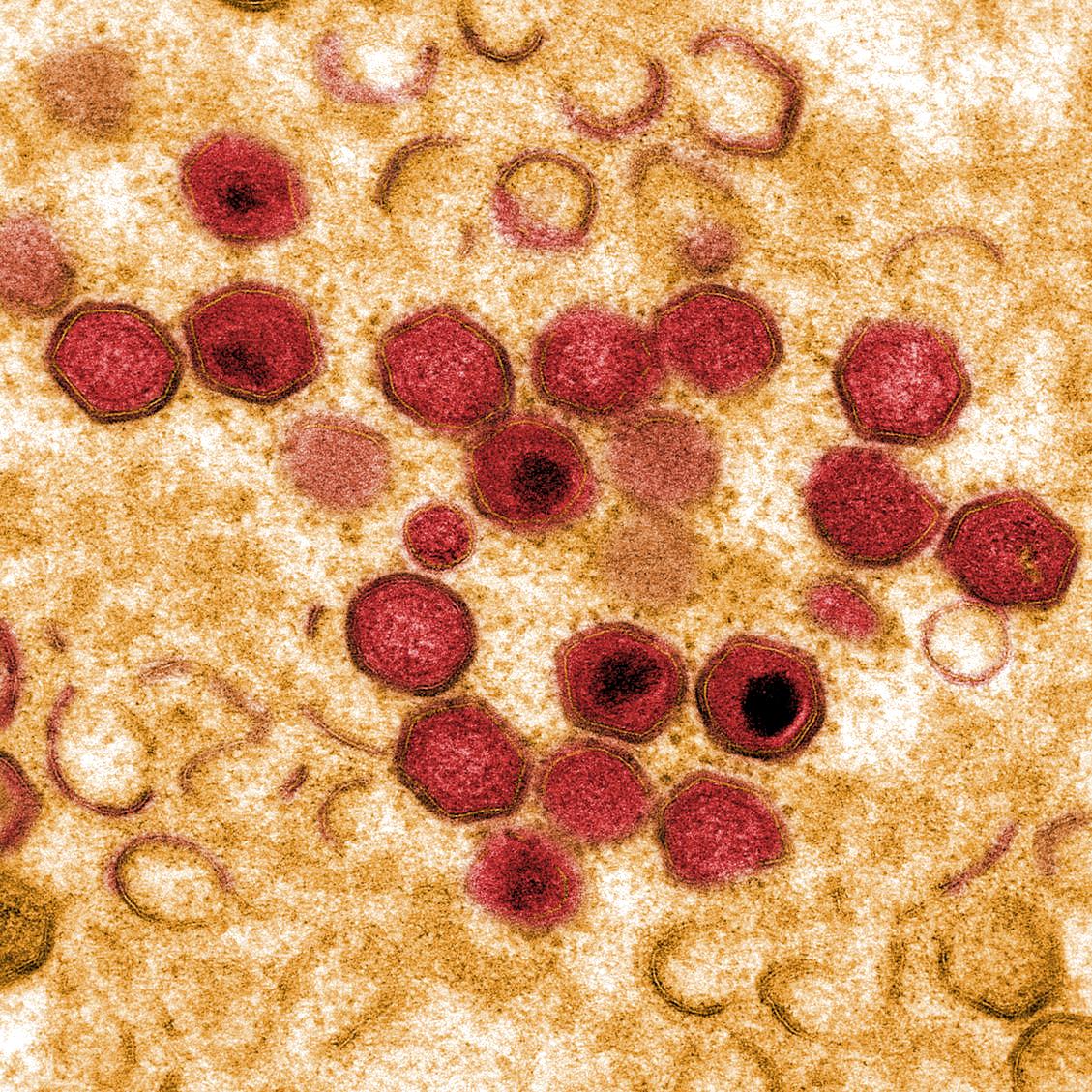Assessment of the impact of a toll-like receptor 2 agonist synthetic lipopeptide on macrophage susceptibility and responses to African swine fever virus infection
Toll-like receptor 2 (TLR2) ligands are attracting attention as prophylactic and immunopotentiator agents against pathogens, including viruses. We previously reported that a synthetic diacylated lipopeptide (Mag-Pam2Cys_P48) polarized porcine macrophages towards a proinflammatory antimicrobial phenotype. Here, we investigated its role in modulating monocyte-derived macrophage (moM?) responses against African swine fever virus (ASFV), the etiological agent of one of the greatest threats to the global pig industry. Two ASFV isolates were compared: the attenuated NH/P68 and the virulent 26544/OG10. No effect on virus infection nor the modulation of surface markers expression (MHC I, MHC II DR, CD14, CD16, and CD163) were observed when Mag-Pam2Cys_P48 treated moM? were infected using a multiplicity of infection (MOI) of 1. Mag-Pam2Cys_P48 treated moMΦ released higher levels of IL-1α, IL-1β, IL-1Ra, and IL-18 in response to infection with NH/P68 ASFV compared to 26544/OG10-infected and mock-infected controls. Surprisingly, when infected using a MOI of 0.01, the virulent ASFV 26544/OG10 isolate replicated even slightly more efficiently in Mag-Pam2Cys_P48 treated moMΦ. These effects also extended to the treatment of moM? with two other lipopeptides: Mag-Pam2Cys_P80 and Mag-Pam2Cys_Mag1000. Our data suggested limited applicability of TLR2 agonists as prophylactic or immunopotentiator agents against virulent ASFV but highlighted the ability of the virulent 26544/OG10 to impair macrophage defenses.
